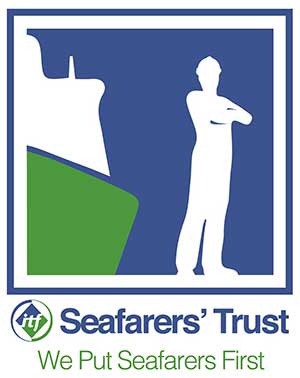Today heralds the launch of Seafarers’ Rights International, a unique and groundbreaking resource dedicated to advancing the legal protection of seafarers worldwide.
Seafarers’ Rights International will use high level research and analysis to raise awareness of the legal concerns of seafarers and will work to improve the protection of seafarers in national and international laws. It has been funded by a start-up grant from the ITF Seafarers’ Trust charity and is an independent organisation.
David Cockroft, General Secretary of the ITF said:
“The success of an independent body such as Seafarers’ Rights International is crucial to identifying and tackling the rights of seafarers and that is of interest to all industry stakeholders, including the ITF.”
The new centre will be led by international lawyer Deirdre Fitzpatrick in the role of Executive Director. She will be supported by an Advisory Board comprising experts from the shipping industry and the legal world.
Launching Seafarers’ Rights International, Deirdre Fitzpatrick said:
“Seafarers work in often hazardous conditions. As mobile workers they are highly vulnerable to ill treatment, exploitation, abuse and injustice. They operate within and across different national jurisdictions and are subject to different international and national laws. In some cases, there may be doubt as to what if any law is applicable or enforceable.”
“Seafarers’ Rights International will be dedicated to advancing seafarers’ rights and interests worldwide. Currently there is no established forum for research and dissemination of ideas and information regarding employment law in the area of international maritime transport. Seafarers’ Rights International will work to fill this gap. It will be an international resource for seafarers and for all stakeholders with a genuine concern for the protection of seafarers.”
The new Centre will work in three main areas:
Research. It will conduct independent research on topics of strategic importance; monitor major legal developments that affect seafarers’ law, rights and remedies; and develop, coordinate and participate in cross-border networks of researchers, research bodies and universities.
Education. It will promote education activities, programmes and exchanges so as to widen knowledge of seafarers’ laws, and disseminate the results of research in order to stimulate debate and promote changes in laws as appropriate.
Training. It will develop and deliver legal training and consultancy programmes that reflect the needs of stakeholders in the shipping industry working with seafarers and for the protection and promotion of their rights.


